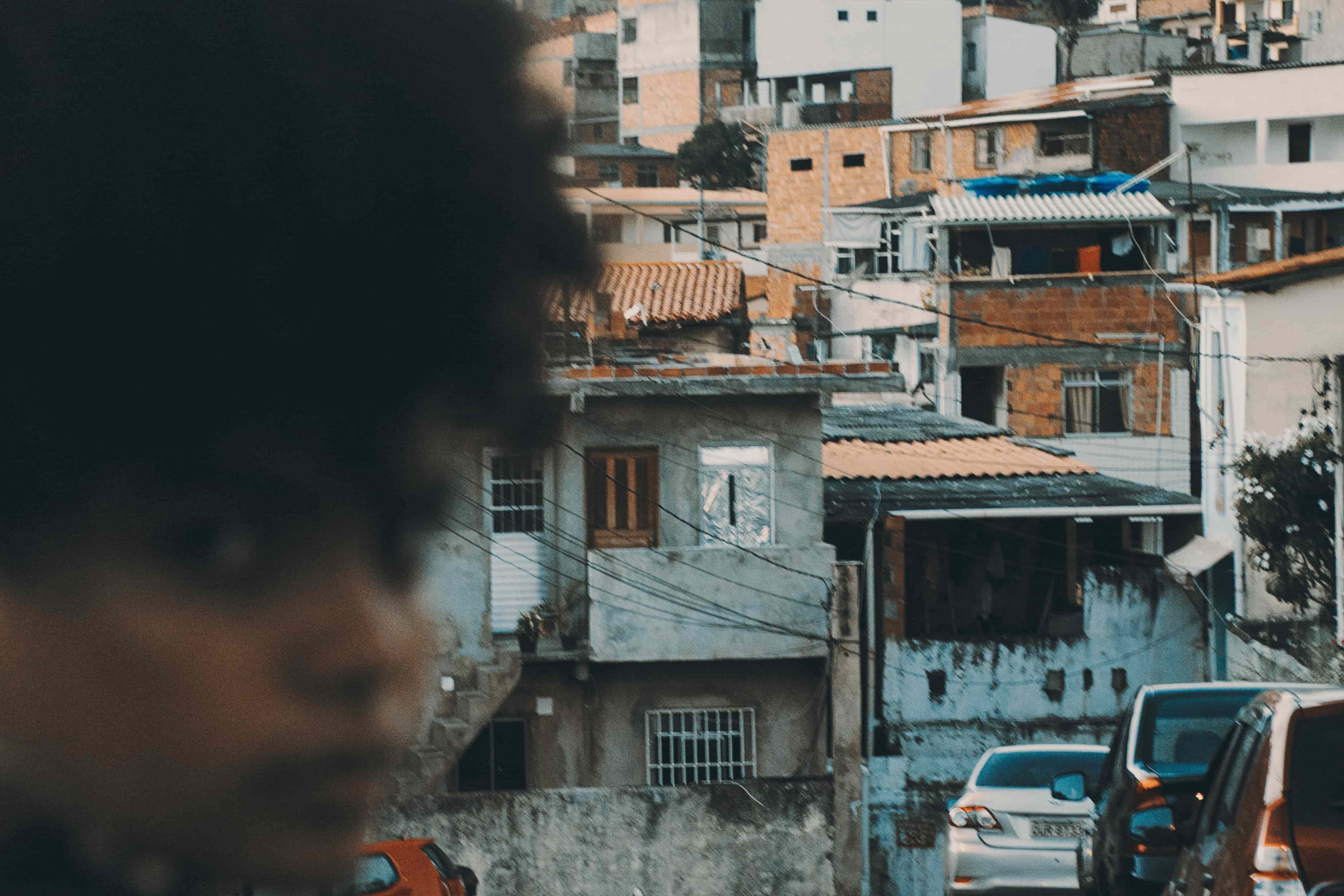Visit Brazil now!
Brazil is a country well known for Football, Capoeira, the Amazon rain-forest, and Carnival! As the fifth largest country in the world in terms of population, and the second largest black population only after Nigeria; Brazil has come to be known as a cultural haven for tourists across the globe.
First and foremost, the history of Brazil begins with its indigenous people. What we know of Brazil and its current day territories, was once home to some 7 million indigenous people and it is said that today there are at least 70 un-contacted tribes.These original inhabitants consisted of several ethnic groups; some of the largest being the Tupis, Guaranis, Ges, and Arawaks. It was these founders that built the beginnings of the culture and language of Brazil that we know today.
Between the 16th and 19th century, the country was “discovered” by Europeans who shortly after brought African slaves to colonize the lands to become part of the Portuguese Empire. Not long after, on September 7, 1822, Brazil declared independence and became its own empire. Unfortunately, it wasn’t until the year 1888 when slavery was abolished.
History accounts for numerous Brazilian slave rebellions prior to abolishment. One of the more famous rebellions was led by ‘Zumbi dos Palmares’. With his rebellion, he established a state named Quilombo dos Palmares, which became a self-sustaining republic of maroons who had escaped from Portuguese settlements. Because the people of Palmares were constantly on defense against the Portuguese colonial power, they utilized their expertise in the martial arts of Capoeira. Capoeira was formed by Afro-Brazilian slaves in the 16th century and was disguised as a type of dance to the slave masters. This martial art form derives from early warrior training originating in Angola as a rite of passage for males; where most slaves were taken from.
Despite a 300-year battle for black freedom, Afro-Brazilian culture has become extremely vibrant. From the rhythms of samba to the flavors of carnival foods, the ever-present art and dance scenes, and the maintenance of an old African religion called Candomblé (akin to Santeria in Cuba and the Yoruba religion of Nigeria), there is no denying the importance of black culture in Brazil today. It truly is a land full of proud individuals who, for the most part, put the enjoyment of life, ethos, and diversity above all else.
As the country has embraced its storied history with open hearts, it has become a destination for many artists, authors and travelers alike seeking inspiration away from the mundane. Much of the architecture is unlike what you would find in more commercialized regions of the world. This includes large art deco Copacabana Palaces on the beach in Rio De Janeiro and wonders of sculpture such as the famous Christ the Redeemer Statue that towers over the same city.
There’s no denying that you’re looking for a destination that has it all – views, beaches, culture and food – and Brazil checks off every box on the list. This South American country is a popular pick among Black travelers and is filled with so much to do and see that one trip is never enough.
Read more on Brazil here.


